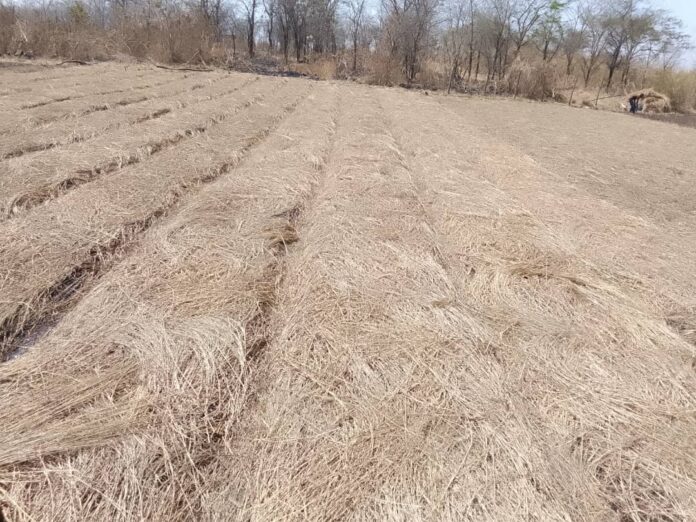By : Hwande Isheunesu
Resource-poor communal farmers in Mashonaland West Province, Zimbabwe, have already begun preparations for the upcoming tobacco growing season ahead of the predicted normal rainy season, despite the poorly distributed 2024-2025 cyclone lamina, which left most tobacco farmers devastated. ‘The modern weather forecasting machinery is hyped for nothing; they need further modification to give detailed information that delineates rainfall distribution patterns for us to plan properly.’ Over the years, we have been battling with the plagues of poor forecasting,” said an angry farmer.
Most farmers seem to be unaware of the information being conveyed by the relevant ministries through oral and social media channels. They require continuous education and monitoring, perhaps to mitigate climatic and environmental issues. Only a handful out of 1,000 communal farmers clearly understand that weather is always subject to change; therefore, there is a need to work hand-in-glove with the Meteorological Services Department for updated information.
Relatedly, the environment is suffering as farmers undertake their preparations. Veld fires have been starting from the beginning of August to date, and the indiscriminate cutting down of trees is alarming. Despite the emphasis on deforestation and reforestation, it seems to have lost meaning, especially in tobacco-growing communities. In a statement, another farmer responded, saying, “Efforts to replant trees have been made to no avail; however, water challenges and poor access to fencing materials have been perennial setbacks.”
Many tobacco companies contract farmers in Zimbabwe, but most farmers are skeptical due to poor harvests resulting from prolonged dry spells and droughts mid-season. These phenomena lead to reduced yields, with farmers giving a significant portion of their produce to contractors, leaving them with a small fraction after a season of hard work. If not for this, every tobacco grower would be able to acquire coal as a substitute for fuel wood, which is widely used by many Tobacco farmers.








